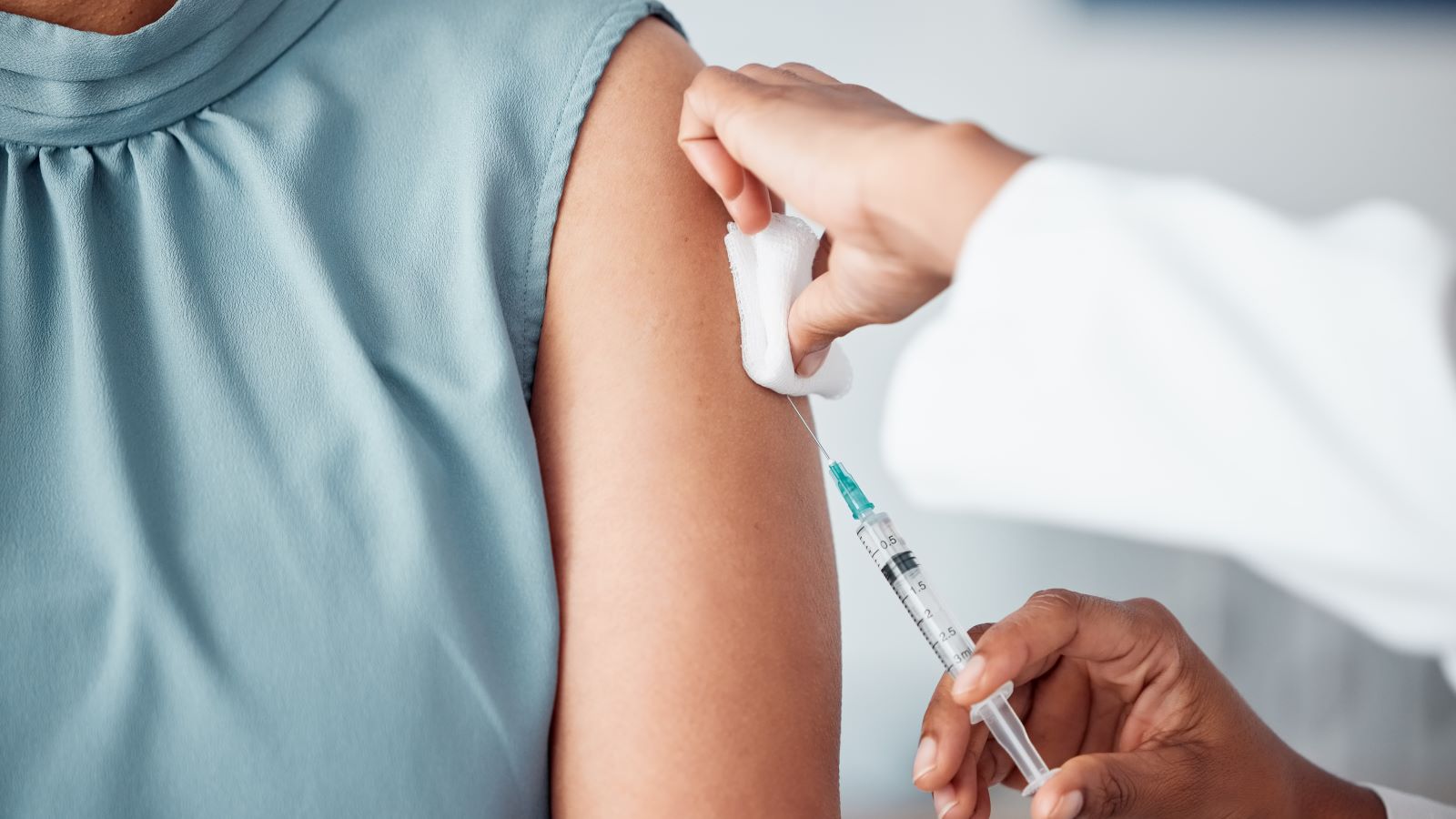<< Back
What You Need to Know About the New Breast Cancer Vaccine

January 17, 2024
Although it will be years before it’s available for mainstream use, a newly-tested breast cancer vaccine is on its way.
In fact, the unnamed vaccine proved 75% effective in a small study of women with triple negative breast cancer – a very aggressive form of the disease impacting about 15% of women. But according to Patricia DeFusco, MD, medical director of the Hartford HealthCare Cancer Institute Breast Program, that’s just one of three innovative approaches promising to prevent or better treat the disease.
So how does the vaccine actually work?
In the study, women treated for triple negative breast cancer were given three vaccines every two weeks. Three quarters showed a good immune response to the vaccine, making it potentially effective against the disease, Dr. DeFusco says.
“They’re trying to target a protein in lactating breast cells. After a woman finishes lactation, the protein goes away, but it is found in a large number of women with triple negative breast cancer,” she explains.
The protein, researchers hope, will generate immune response against the breast cancer.
“They showed they can combat this protein, which may help us treat it in the future,” she says. “But its use in patients as a true preventative strategy is still years away.”
The next step for researchers is to determine if they can prevent the strain of breast cancer in the first place.
“Usually, we give patients immunotherapy and chemotherapy first, and a proportion still have residual disease in the breast after surgery. That is the group being targeted (by the research) because they have a higher risk of recurrence,” Dr. DeFusco says. “They’ll also look at women with genetic predisposition. Many of them will have prophylactic mastectomy, so (researchers) can assess if the vaccine doing anything deleterious within normal breast cells.”
> Related: 7 Symptoms of Breast Cancer You May Not Know
But that’s not the only strategy to help fight breast cancer.
While the vaccine trial is a positive step for breast cancer patients, Dr. DeFusco says two other approaches are currently offering hope. They include work to:
- Harness the immune system. “Triple negative breast cancer is one of those cancers where immune-mediated mechanisms seem to work,” she says.
- Prescribe new medicine classes. These seem to be less toxic than standard chemotherapy, she says.